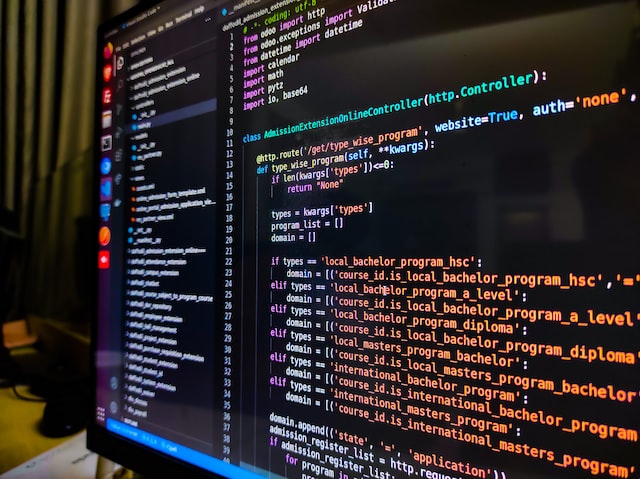
First Post!
My First Attempt at Blogging
My Hopes for Blogging in 2023
I have been asked as part of my STAT 386 (Data Science Process) class at BYU (Brigham Young University) to create a blog describing my data science learning experiences. THis first blog is my attempt to create a post in Git Bash and then push to Git Hub. Assuming all goes well, this will post soon with a wonderful little summary of:
- My plans for this blog
- My tutorial blog post plans
- The data science ethics reading I plan to do
- Where I am hoping to get data for my main class project I will expand on the points above.
My Plans for this Blog
I have five blogs I am required to write for STAT 386. The first blog is a tutorial, the second is a book review, and the last three blogs are part of a series, covering data collection, exploratory data analysis, and sharing a data story. The professor is calling the last three blog posts Blogs 3a through 3c. I expand on each of the blog ideas below.
My Tutorial Post
The first blog I need to do for this class is to write a tutorial on how to do a skill in data science. Seeing as I will be later writing an exploratory data analysis, it seems appropriate to write a post explaining how I approach data exploration. Specifically, I will explain how I build my data exploration reports in R Markdown to hand over to leadership.
My Ethics Reading
My STAT 386 professor gave us a list of 13 books about data science ethics to pick from and review. The ethical concerns in these books range from feminism, to racism, to surveillance, and more. Due to the wide spread of topics and my desire to eventually read all of them, I am putting the list in a footnote1 to peruse later. I will start at the top of the list with “Weapons of Math Destruction” by Cathy O’Neil. My professor has reference this book a few times, off-hand during lecture, and I would love to learn more!
Sourcing My Data
For the last three blogs, Blog 3a through 3c, I need to assemble a data set (ethically!) either through a data API or scraping from a website. Then, I need to explore and tell a story with the assembled data set. My professor did an example last year involving a comparison of air quality between Utah and Arizona. I believe she scraped a weather reporting website to collect her dataset, but I missed that particular lecture. I know I can collect data from publically available government websites without issue, so I may consider collecting information from The World Factbook, a website maintained by the CIA of
…basic intelligence on the history, people, government, economy, energy, geography, environment, communications, transportation, military, terrorism, and transnational issues for 266 world entities. It would be interesting to try and collect this information into a data set to help my husband and I plan where we would be willing to move if our jobs wanted us to open a software development or data analytics office location overseas.

Specifically, I would want to look at the top 15 to 20 countries with data suggesting strong economies, stable governments, healthy populations and healthcare, good internet, comprehensive public education, and good transportation options. This could require estimating from one or more other categories as well.
Conclusion
I hope this post explains my plans and thoughts for the coming semester! I look forward to creating my tutorial, book review, and data story. I hope you will join me in on my journey to figure out blogging.
Footnote:
-
List of Data Science Ethics Reading:
- Weapons of Math Destruction by Cathy O’Neil
- Invisible Women by Caroline Criado Perez
- Data Feminism by Catherine D’Ignazio and Lauren F. Klein
- Algorithms of Oppression by Safiya Umoja Noble
- Race After Technology by Ruha Benjamin
- Artificial Unintelligence by Meredith Broussard
- The Ethical Algorithm by Michael Kearns and Aaron Roth
- The Alignment Problem by Brian Christian
- Heartificial Intelligence by John C Havens
- Hello World: Being Human in the Age of Algorithms by Hannah Fry
- Moral Machines by Wendell Wallach and Colin Allen
- Atlas of AI: Power Politics and the Planetary Costs of AI by Kate Crawford
- The Age of Surveillance Capitalism by Shoshana Zuboff